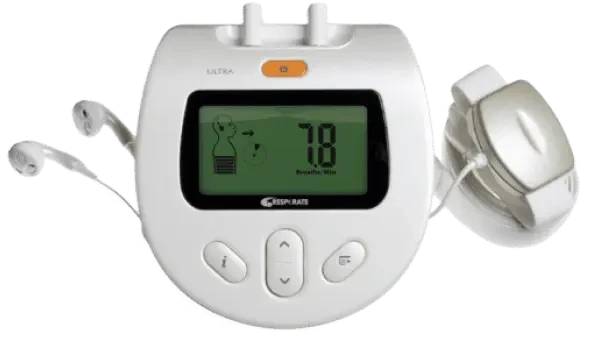The tropical breezes are gently caressing your skin. The sound of the turquoises blue ocean waves lapping, the beach sounds in your ears as you relax on a sun-drenched beach. A tropical paradise along with tropical fruits for a longer healthier life beckons you.
Mangoes have been part of the human diet for over 4,000 years. The mango tree grows in the tropics and produces juicy, nutritious fruits. People eat mangoes alone or add them to fruit salads and salsas. Fresh mangoes are low in calories and contain beneficial nutrients. Available year-round, mangoes are a healthy addition to your diet.
But are Mango’s good for high blood pressure?
Fiber:
Most fruits and vegetables supply fiber to your diet. Mangoes are no different and provide 2.6 g of dietary fiber in a 1 cup serving. Dietary Fiber helps foster proper digestion and prevent constipation. Fiber has more far-reaching benefits, as well. A diet high in fiber can lessen your chances of developing heart disease, Type 2 diabetes, and diverticular disease. The Institute of Medicine recommends that women consume at least 25 grams of fiber a day and men consume at least 38 grams. One cup of mango can help you reach that total.
Vitamin A:
Mangoes supply a healthy dose of vitamin A. You need adequate amounts of vitamin A in your diet to support healthy eyes and proper bone growth. This fruit supplies 1,785 IU of vitamin A in a 1 cup serving. This is about 35 percent of the vitamin A your body needs daily for good health.
Folic Acid:
Folate, or folic acid, is an essential B vitamin with many health benefits. Adequate dietary intake of folic acid is essential for a healthy pregnancy. It can help prevent birth defects including spina bifida and cleft palate. A deficiency in Folic Acid can also cause miscarriage. This B vitamin is also is used to treat megaloblastic anemia, which occurs when red blood cells are larger than normal. You need 400 mcg of folate every day, and 1 cup of fresh mango supplies 71 mcg.
Other Nutrients:
A 1-cup serving of fresh mango supplies other nutrients as well. One of the most notable is vitamin C, with 60 mg per serving. Adult women need about 75 mg of vitamin C a day and men need about 90 mg. Mangoes are high in potassium, and one serving has 277 mg. Mango also contains small amounts of calcium, iron, magnesium, and phosphorus. One cup of mango also provides trace amounts of copper, selenium, manganese, and zinc. Adding mango to your diet can help you increase your intake of all these important nutrients.
What The Research Shows:
Researchers have mixed results. They discovered the tropical fruit is associated with improved blood pressure and especially blood sugar control, and gut health. They had set out to investigate its impact on gut health, inflammation, and metabolic activities. The full findings will be presented by scientists from Texas AM University and Oklahoma State University later this year.
Leonardo Ortega, Director of Research at the National Mango Board, said: “This emerging research shows promising outcomes on mango’s potential to reduce the risk of metabolic disorders and chronic inflammation.”
They found that extending mango consumption provided increased anti-inflammatory benefits compared to sporadic mango consumption. Inflammation has been linked by previous research to high blood pressure.
The Study
A 2003 study published in “The Journal Circulation” discovered that when both blood pressure and CRP (C-Reactive Protein) levels are elevated, the risk of heart attack and stroke may be as much as eight times higher. CRP is a substance produced by the liver in response to inflammation.
This suggests that tackling inflammation by consuming mango’s could provide cardiovascular health benefits.
Recently, researchers from University of California, Davis, studied the effect of 2 cups of mango per day for 14 days on the systolic blood pressure. They reported that “Mango consumption helped relax blood vessels in as little as two hours after intake”. Although these results are promising, it should be treated with caution, since the study was partially funded by the National Mango Board.
Other ways to lower blood pressure through diet include decreasing salt intake, increasing overall fruit and vegetable intake and reducing alcohol.

 Eli Ben-Yehuda
Eli Ben-Yehuda 















 Download Brochure
Download Brochure
Comments